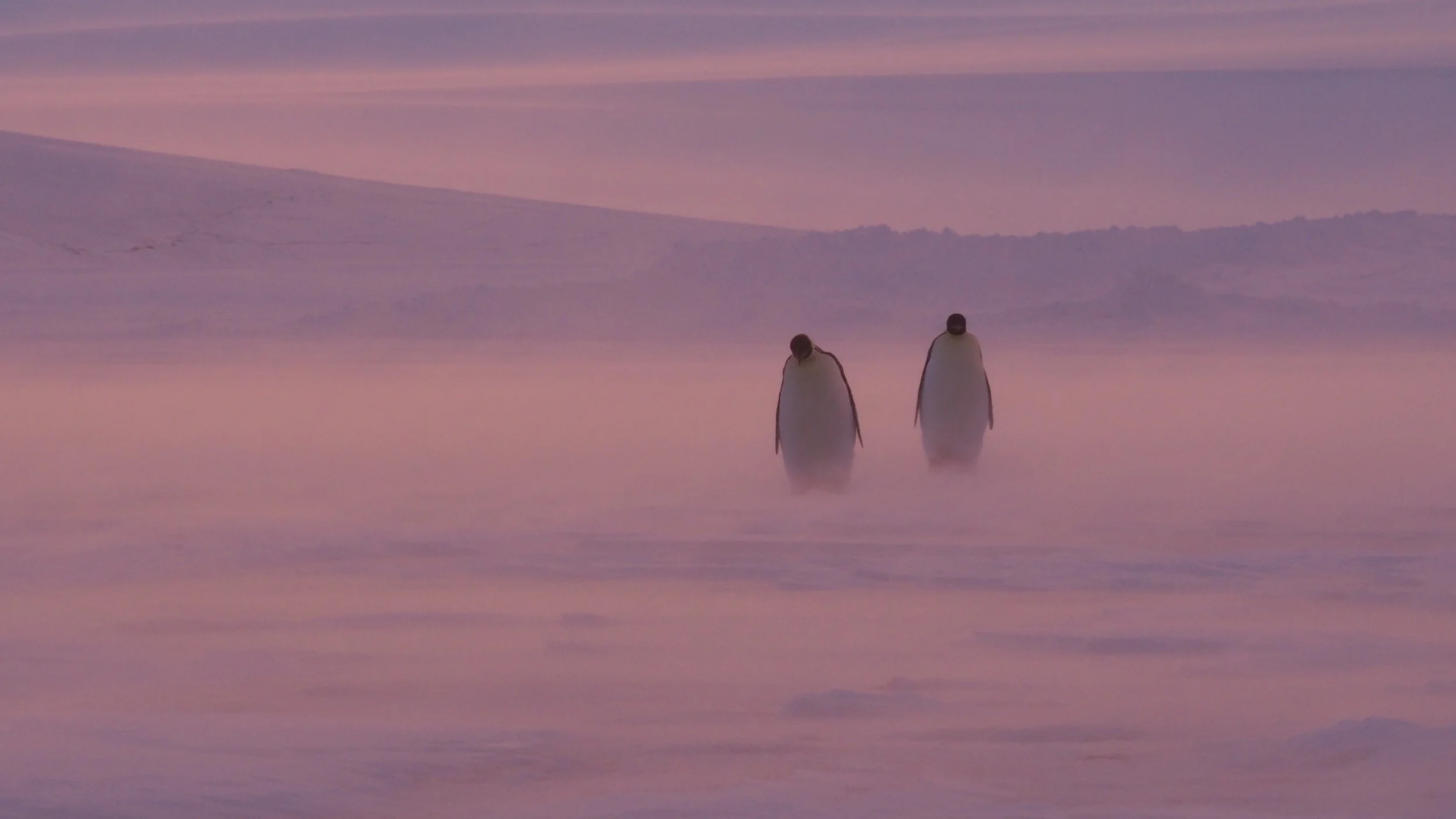
You want to use your career for the good of wild animals.
We’re here to help you get started.
The Researcher’s Starter Guide introduces wild animal welfare science and provides guidance on how to build a career in the field.
The guide is designed for early-researchers and students who want to pivot their research in ecology, physiology, and related fields to include considerations for the welfare of wild animals at the individual level.
Many scientists want to use their careers to help wild animals. But conservation, wildlife ecology, or animal welfare science sometimes aren't the right fit, either because they don't focus on welfare or they don't focus on animals in the wild. If you’re interested in making life better for wild animals, regardless of their conservation status or ecological function, then you might be interested in exploring the emerging field of wild animal welfare science.
By welfare, we mean the aggregate quality of an individual’s subjective experiences over a given time period (or the sum of the welfare of each individual in a group). This can also be called “well-being” or “quality of life.” We use “improving welfare” interchangeably with “reducing or preventing suffering.”
Get the Guide
Wild animal welfare science, or welfare biology, is just as rigorous as better-known scientific fields, but it’s motivated by compassion for wild animals and a desire to make their lives better. The ultimate goal of this field is to identify responsible and effective ways to increase the net welfare of individual animals in the wild, but first we need more data to help answer basic questions about how to measure welfare, and how it varies across species.
With our free Researcher’s Starter Guide, you can start exploring careers in wild animal welfare science. The guide contains:
Basic information about the field’s goals and methods.
Snapshots of a “day in the life” of wild animal welfare researchers.
Examples of academic and non-academic job titles that can involve wild animal welfare.
Tips on finding a research mentor.
Information about funding opportunities.
Recommended resources from Wild Animal Initiative and others.
And more.
